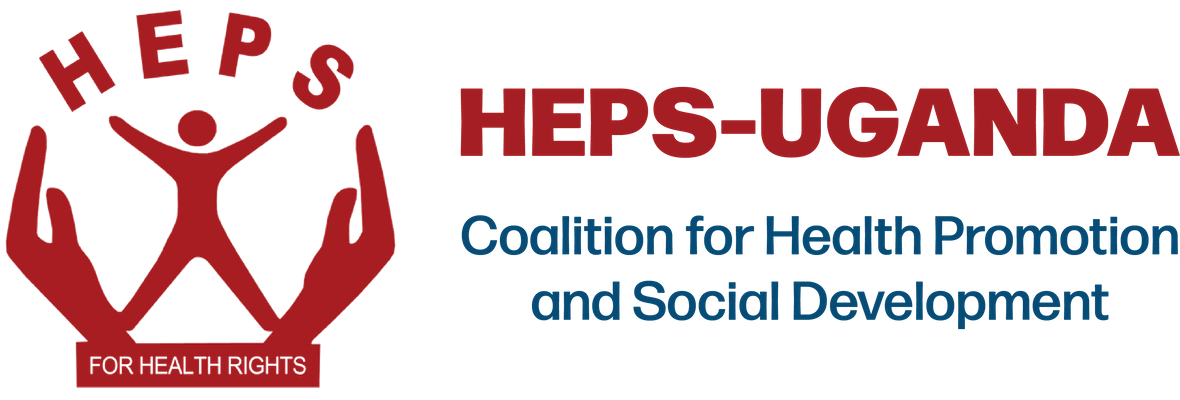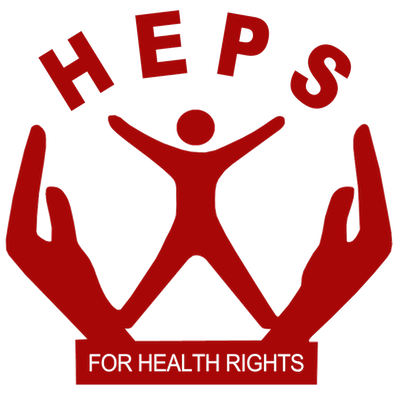Lack of male involvement in making family planning decisions has been one of the highly cited reasons why women and youth get discouraged from using contraception. From our recent scorecard process though, the Muwanga Community in Kiboga sub county seems to be different. After HEPS Uganda carried out the first round of scorecard process last year, an action plan to get men involved with their women seeking family planning was developed.
It is evident that the mobilization and sensitization of men about the need for family planning is beginning to bear fruits. From the just concluded scorecard in Kiboga, the number of men who involve in decisions of family planning is increasing as evidenced during the second round of community scorecards in March 2015.
These scorecards are part of the Voices of Health Project which is being implemented in the districts of Isingiro and Kiboga.
HEPS building on its experience and relations with other stakeholders is spearheading campaigns to address the gaps in access to FP services and contraceptive commodities and stock-outs in the country. Working through campaigns and capacity building, HEPS is targeting policy makers and other relevant stakeholders at both national and sub-national level to address shortcomings on budget allocation and the supply barriers that lead to stock-outs. HEPS is also generating demand at the community level by empowering women and youth to make informed decisions and on choices on FP and contraceptives and demand government accountability for effective service provision. By identifying and addressing the underlying causes of stock-outs of FP commodities from the supply side, HEPS is building capacity on the demand side to ensure accountability in access from the supply side.
Despite government efforts, the Sexual Reproductive Health indicators remain weak with high infant and maternal mortality rates, high fertility rates, high rates of teenage pregnancies, unsafe abortions and low uptake of contraceptives. The main reasons for this have been given as widespread disempowerment of youth and women, myths and misconceptions on FP methods, and the lack of awareness of SRH due to cultural determinants that bring about silence, stigma and discrimination. This in turn limits the choice of youth and women when making decisions on FP or contraceptive choices generally, and sexual and reproductive rights, generally. This is compounded by the challenges in chain management that lead to persistent stock-outs of key contraceptives due to several reasons including delays by districts to submit orders to the National Medical Stores (NMS), poor forecasting and irregular distribution by the NMS that fail to meet demand even where the orders come in on time. Private users also contribute to stock- outs owing to the barrier of poor demand caused by the lack of information or capacity to create demand.
The project objectives are;
– To increase awareness and demand for SRH services and choice by marginalized women, youth and men living in poor communities (rural and urban) in two districts of Isingiro and Kiboga
– To monitor the availability of essential family planning services and commodities at public and private health facilities in the two target districts
– To increase the engagement of national stakeholders (MoH, NMS, advocacy groups, parliamentarians etc) to champion the issues of availability and choice of contraceptives as
a fundamental right.







